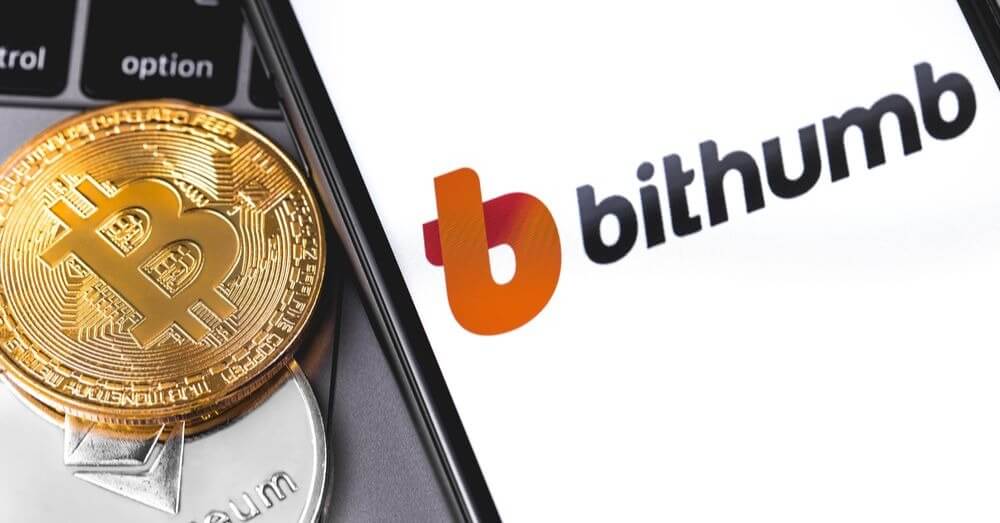
After two police raids in a space of one month, South Korea’s Bithumb is reportedly set to be sold with buyers having made offers already
According to a local outlet Herald, the exchange has been put up for sale to the highest bidder for a sum in the range of $600 million. As of the moment, it is reported that several buyers have already sent letters of intent making offers between $430 and $600 million. The identity of these interested parties is yet to be known as of writing.
Bithumb is currently the largest cryptocurrency exchange in South Korea. The exchange handles over 50% of the domestic trading volume. It has a base of 4.77 million users making it the primary driver of cryptocurrency trading in South Korea.
Run-in with the law
The exchange has caught headlines in the recent past but not particularly for good reasons. Seoul Metropolitan police have raided the exchange twice this month after suspecting illicit activities. The police are also investigating the exchange’s executive including the chairman Lee Jung Hoon. Jung Hoon faces serious allegations including evasion of property responsibilities and incurring deliberate investor loss in the region of $25 million.
Hard to sell
These run-ins with the law make it considerably hard to sell Bithumb to interested buyers. Samjong KPMG (the KPMG Korean branch) will handle the sale and oversee the compliance with domestic laws. The buyer will also be obligated with the administration of the newly revised bill of the Special Payments Act from March next year.
Several news outlets report that the South Korean investment banking industry regards the sale of Bithumb Korean as an attempt of the involved investors to flee from their managerial and legal disputes. The investors will also try to salvage their investment before walking away from the market unscathed according to industry.
This isn’t the first time the sale of the exchange has been discussed. Back in 2018, it was believed that BK Global Consortium would purchase it. The deal, however, fell through after the investor failed to pay the full amount alleged to be around $345 million.

